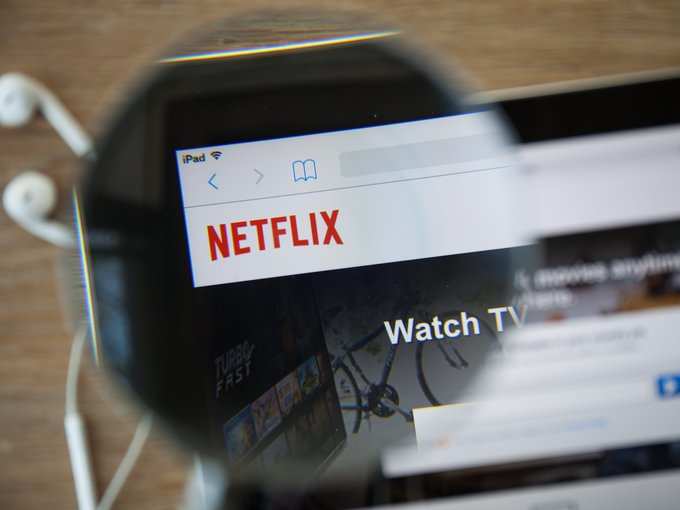
Anirudh Pandita, Co-founder and Ashwin Suresh, Co-founder of
Netflix had ruled out the possibility of offering its content for free. This makes Netflix's job even more difficult in a market where other players offer free content. Will people pay for content when they can download torrents?
Remember the time where majority of the music around you was pirated mp3s. Well lots of people pay for music now and they do it using apps of various forms. It will take time but we will see that folks will pay for content. People use torrents because they had no option, now they do! The pricing and adoption etc. will need to evolve but the platforms will find a way. What if Netflix allowed you to download full shows on its app and watch it at your own time? Would you still torrent? What if instead of a monthly payment method, Netflix allowed you to do an hourly or daily or weekly subscription model? What if they tied up with your cell phone provider for billing? These are all questions that Netflix and other OTT questions will need to explore and find answers to.
I think we'll see that Netflix and other OTT platforms will find interesting ways of engaging customers here and adapting to their special needs. People still pay to go watch films here and eventually, the variety of content (and the quality of their originals) will find many takers. Lot of people will eventually say that why should I pay for channels I don't watch (90% of cable channels) when what I want is available from a single provider. Similar to the situation where there are 100 restaurants in a food court and you have to pay for each one, when in reality all you really want is a good kebab from a particular store!
How will the creators monetize content?
Monetization strategies will depend on the underlying content and the creators. Premium video, like films and tv shows worldwide, will have multiple revenue streams, right from brand revenue (content integration, sponsorships) to content syndication/licensing revenue to merchandise revenue. Shorter videos can be used as buzz creation mechanisms and any brand/event/film etc. looking for this will pay up to be part of this content. Furthermore, creators will need to layer commerce on top of well baked content and well nurtured community.
There are stand-up comics today who make a ton of revenue off-line through live events as well and this complements their online/digital content, which often serves as a customer acquisition funnel or a community building tool. So there is no one-size fits all and multiple monetization avenues for creators.
Will there be any change in strategy and pricing?
Not a sweeping change. There were multiple OTT platforms in various stages before Netflix opened up its content to the Indian market. The two big positives that was already happening before Netflix are that: a) There are more buyers for OTT style premium content, which is good news for creators like us, who have spent a massive amount of time developing interesting content b) Content innovation is going to happen because the consumer has more choice, has innovative content easily available to him/her, and will seek more value.
How will this affect censorship in India?
“We don't think this is a big issue.”
How Indian content creators are gearing up for its biggest competitor yet?
By being creative!
“We take stories that are Indian in their essence but push the boundaries when it comes to content formats. For example, we made "Not Fit", the first mockumentary web series to release in India. Audiences haven't seen Indian fiction in this format and we thought this is an interesting innovation to bring to the consumer,” he said.
Also, when we think of digital video, we usually only think of Netflix and other OTT platforms, but big players like FaceBook,
(Image credits: Business Insider.com)